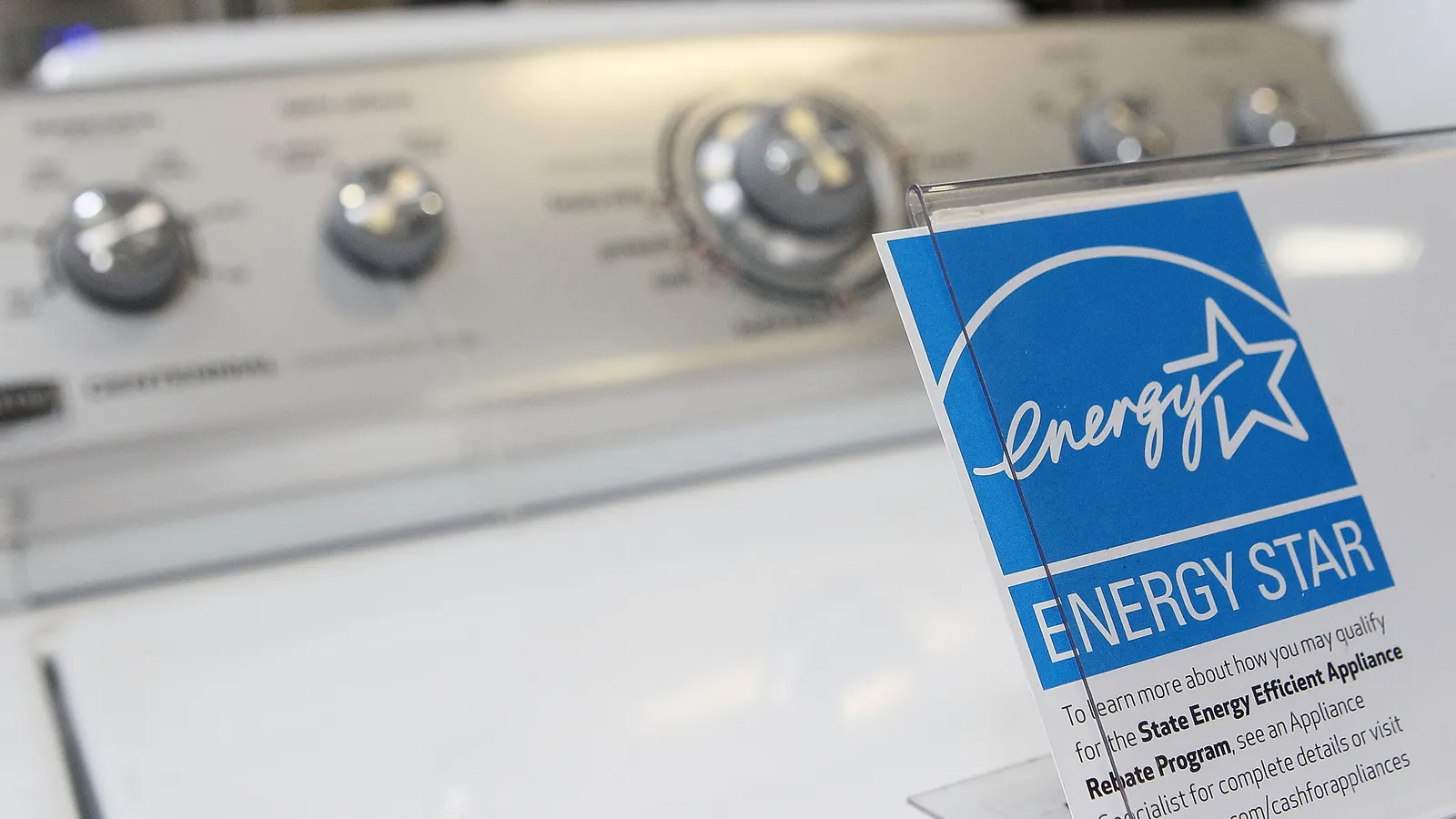The global ambition for carbon neutrality faces a significant challenge: the efficiency of household appliances. As highlighted by CLASP, a leading organization in appliance standards, the current trajectory of appliance efficiency standards in the U.S. does not align with the necessary measures to achieve climate goals. Ari Reeves, CLASP's senior director of research, emphasizes the stark contrast between the research findings and the government's proposed standards, suggesting that without a substantial shift in policy and implementation, the world may struggle to meet its carbon-neutral aspirations. This disconnect raises critical questions about the effectiveness of current strategies and the urgency of adopting more rigorous efficiency measures.
To bridge this gap, a comprehensive reevaluation of appliance efficiency standards is essential. CLASP advocates for a more aggressive approach that aligns with the latest research, which indicates that enhancing appliance efficiency could significantly reduce greenhouse gas emissions. By prioritizing efficiency in appliances, stakeholders can not only contribute to climate goals but also stimulate innovation and economic growth within the sector. The implications are profound: a concerted effort to improve appliance standards could serve as a cornerstone for broader environmental strategies, ultimately facilitating a transition toward a sustainable future.








